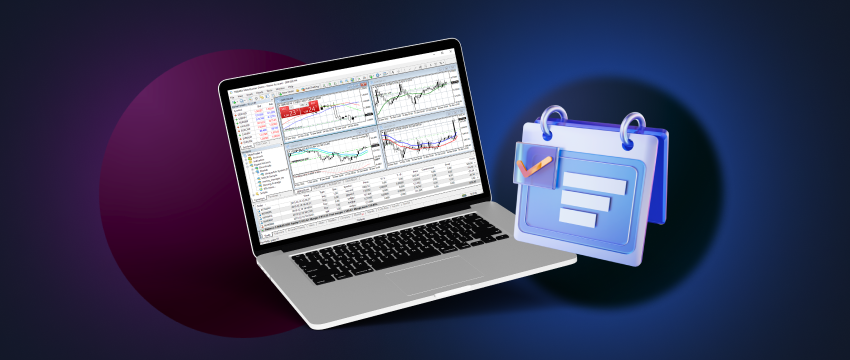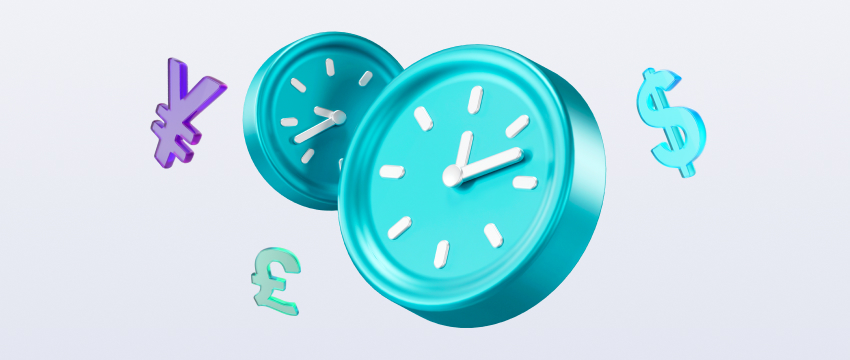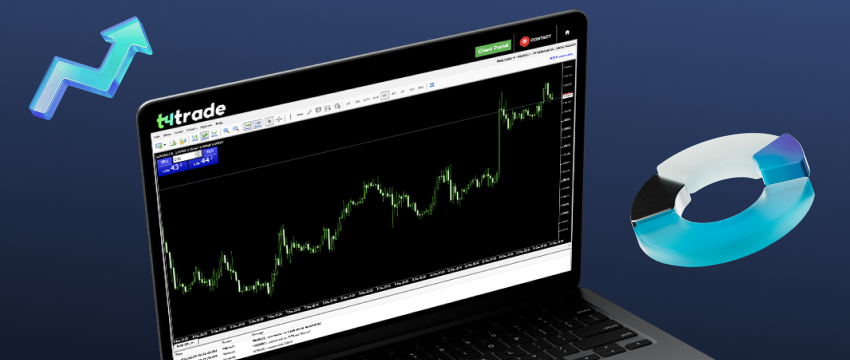Trying to pinpoint a specific month as the hardest to trade forex is relatively challenging. There are so many extenuating circumstances that impact market conditions, even daily, so attempting to establish a month that forex trading is challenging is not so easy. However, there are some general observations made by global traders. Although these are not a hard and fast rule, they’re probably something to consider. Let’s discuss further.
It has been said that January to May are considered “good” trading months. September to October is also said to be an optimal period but one characterized by the most volatility. While December isn’t considered a bad time to trade forex, a discernible decrease in trading activity towards the end of the month has been noted. This can be attributed to the volatility that comes with the holiday season, with trading volumes decreasing and then rising as the new year begins.
Notably, reduced liquidity during this time can lead to larger spreads, which may result in increased volatility as well. While the summer period (June-August) is speculated to show the least returns for many markets across Europe, August is said to be the worst month to trade. The reason for this is that most institutional investors in Europe and North America go on holiday. This typically results in larger and unanticipated price fluctuations, impacting trading outcomes.
It stands to reason that these are generalized observations if you will, as trading performance is influenced by a myriad of factors, regardless of the month, and blanket statements shouldn’t be applied. That said, what should traders be aware of or do, to be able to handle changing market dynamics and erratic price movements throughout the year?
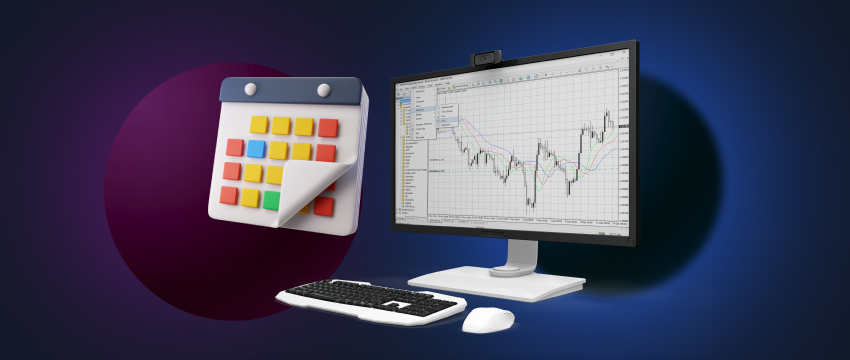
Planning ahead
For one, having an effective trading plan in place is key. A successful trader is usually one who diligently follows their plan, only making adjustments when the unexpected arises. The plan is comprised of several fundamental components, namely:
- the trader’s goals
- the level of risk they’re willing to incur
- the budget they have available to trade with
- the trading strategy that they’ll be adopting
The trading plan will also incorporate the risk management techniques that the trader will be applying. This includes position sizing, entry and exit strategies, the rules by which stop-loss and take-profit orders will be triggered, the use of technical and/or fundamental analysis, and a trading journal to monitor performance and assess outcomes.
But how important is a trading plan? Well, aside from ensuring the trader has efficient measures in place to protect their funds, it also keeps the trader disciplined, and more focused. In this way, trades are more likely to be executed based on rationale and proper planning rather than on greed, fear, overconfidence, a lack of confidence, or impulsiveness.
Of course, as we’ve already emphasized, a trading plan can be tweaked. Things happen, market conditions change, currency prices may become erratic, and in these situations, a trader must be able to react accordingly, even if their trading plan dictates otherwise. But sticking to a plan as much as possible is vital for increasing the likelihood of achieving success as a forex trader.
Following financial and geopolitical news
A trader will attempt to navigate the forex market in any given month by monitoring global events, key economic releases, and geopolitical developments. But how does the trader go about this seemingly mammoth task? Well, traders will frequently refer to economic calendars which provide a schedule of upcoming releases like central bank announcements, GDPR reports, unemployment data, inflation figures, interest rates, and many more. One such calendar is that offered by T4Trade which makes for a great resource for traders wanting to monitor the markets.
Other well-known economic calendars across the globe include those offered by investing.com, MQL5.com, Bloomberg, etc. Traders will also access financial news websites like the Financial Times, CNBC, Bloomberg, Yahoo! Finance, Reuters, Market Watch, CNNMoney, and many others, to gather in-depth insights into economic events, market analysis, geopolitical activities, etc., that may impact currency prices.
Traders also pay close attention to statements from central banks like the Federal Reserve, European Central Bank, and the Bank of Japan, to learn of any new monetary policy decisions and future economic outlooks. Traders will also listen to podcasts and webinars hosted by experienced traders, economists, or financial experts, or engage with forex trading forums and communities, for information and education.
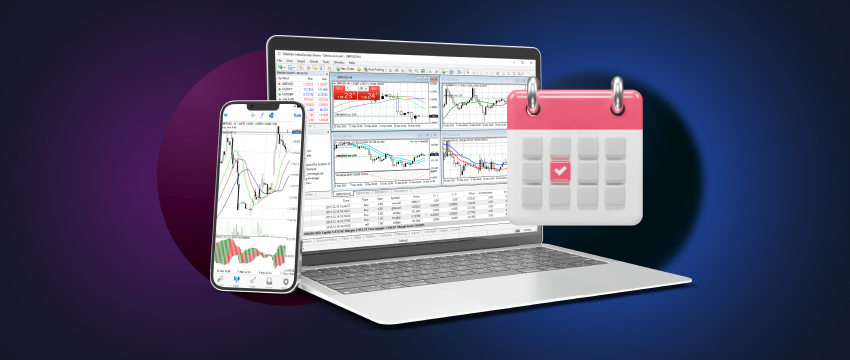
Don’t stop learning
Forex trading is a relatively challenging way of making gains if one considers the level of volatility the market experiences. Knowing how to manage sudden and often unexpected price movements (up or down) requires expertise and knowledge. Taking into account how quickly things change, be the technological advancements or world events, a forex trader must keep up.
This requires ongoing learning, research, and analysis. So what type of learning do forex traders engage in to keep ahead of the game, regardless of what time of year it is? One of the most popular ways of acquiring information about trading forex, be this popular terms, trading strategies, tips, or insights, is blogs.
They are an easy-to-consume educational tool, available by the thousands all across the internet. Most reputable forex brokers provide access to a dedicated blog page, much in the way that T4Trade does, that is free to access and use.
Trading Videos
Forex-related videos are another popular way for traders to get their hands on educational content. However, insights may vary between channels so ensure you only follow credible experts. Webinars and podcasts are other learning platforms that traders are drawn to for the level of engagement or interactive learning experience that they tend to offer, particularly through Q&A sessions.
Also utilised very frequently is a demo trading account which serves as a very practical method to boost one’s forex trading capabilities. This is because a demo account offers a simulated trading environment with real-life market conditions in which traders can execute trades using virtual funds. In this way, they can become more capable over time, without putting their own money at risk. Many if not all of these resources offer a way for both novice and experienced traders to become better skilled at trading, enabling them to handle even the hardest month for trading forex.
T4Trade Academy
The T4Trade Academy offers traders a wealth of educational resources to be able to manage the challenges associated with forex trading. The Academy provides access to podcasts, webinars, e-books, videos-on-demand, Live TV, and even a real-time Economic Calendar. Boosting this are exceptional blog and FAQ pages, providing answers to some of the most pressing trading-related questions.

Why trade forex with T4Trade?
T4Trade traders are provided with a top-tier trading environment, innovative trading platform, and access to over 300 financial instruments from across 6 asset classes. Traders can pick from a variety of trading accounts that best suit their trading objectives, skills, and expertise.
T4Trade traders can also enjoy tight spreads, fast execution, quick withdrawals and deposits, and flexible leverage. The broker’s client support team is also on hand 24/5 to help you with any challenges that you might be facing. They can be reached via email or Live Chat.
Disclaimer: This material is for general informational and educational purposes only and should not be considered investment advice or an investment recommendation. T4Trade is not responsible for any data provided by third parties referenced or hyperlinked in this communication.
